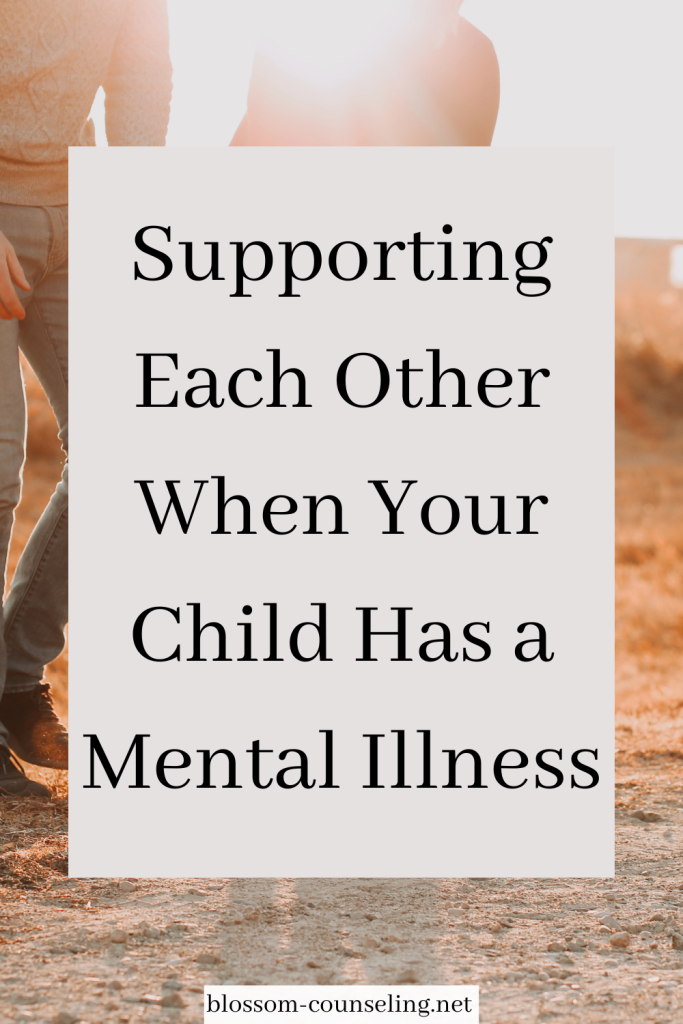Have you ever felt utterly captivated by someone, to the point where they dominate your thoughts and emotions? Maybe it feels like love, but it’s also a little overwhelming, a little consuming. This intense state has a name: limerence.
While limerence is often romanticized in books and movies, it’s a psychological phenomenon with roots in how our minds process attraction, desire, and attachment. Understanding what it is—and what it’s not—can help you make sense of these powerful feelings and navigate them more effectively.
What Is Limerence?
Coined by psychologist Dorothy Tennov in the 1970s, limerence describes a state of intense romantic infatuation, characterized by obsessive thoughts, heightened emotional dependency, and an overwhelming desire for reciprocation. It’s not just a crush; it’s more like being on an emotional rollercoaster that you can’t seem to exit.
People experiencing limerence often idealize the object of their affection, seeing them as perfect or flawless, even if there’s little evidence to support such perceptions. The feelings can be euphoric when the attention seems mutual or devastating when it’s not.
Limerence vs. Love
It’s easy to confuse limerence with love, but they’re not the same. Love tends to develop gradually, based on mutual trust, respect, and shared experiences. It involves caring for someone deeply, flaws and all.
Limerence, on the other hand, is more about the feelings it creates in you than the actual relationship. It’s often driven by uncertainty—”Do they like me back?”—and thrives on the highs and lows of perceived closeness or distance. While love can feel grounding, limerence can feel destabilizing.
Why Do We Experience Limerence?
Limerence is thought to be rooted in the brain’s reward system. Neurotransmitters like dopamine play a significant role, flooding your brain with feel-good chemicals whenever you think about or interact with the person who’s caught your attention. This reward loop can make it hard to stop thinking about them, reinforcing the obsessive focus.
From an evolutionary perspective, limerence may have served a purpose in fostering pair bonding and ensuring survival. But in today’s world, it can sometimes do more harm than good, especially if it interferes with daily life or leads to unreciprocated longing.
Signs You Might Be Experiencing Limerence
Intrusive thoughts: You can’t stop thinking about the person, even when you want to.
Emotional dependency: Your mood is heavily influenced by how this person interacts with you.
Idealization: You overlook their flaws and magnify their good qualities.
Fantasy: You spend significant time imagining scenarios involving them.
Fear of rejection: The idea of them not reciprocating feels unbearable.
How to Manage Limerence
If you recognize yourself in these descriptions, it’s important to approach limerence with curiosity and self-compassion. These feelings are a part of the human experience, but they don’t have to control you. Here are some ways to manage them:
Acknowledge your feelings. Naming what you’re experiencing can take some of its power away. Remind yourself that limerence is a state of mind, not a reflection of reality.
Set boundaries. Limit contact or social media stalking if it’s fueling the obsession. Give yourself space to gain perspective.
Focus on yourself. Channel your energy into hobbies, friendships, and personal growth. Shifting your attention can help reduce the intensity of your feelings.
Seek support. Talking to a therapist can help you understand the underlying emotions driving your limerence and develop healthier relationship patterns.
The Upside of Limerence Awareness
Limerence isn’t inherently bad—it’s a reminder of how powerful human connection can feel. By understanding it, you can make informed decisions about how to engage with your emotions and relationships. Whether it’s recognizing unhealthy patterns or using the experience to learn more about yourself, navigating limerence with awareness can ultimately lead to greater emotional resilience and balance.
While limerence might feel like the end-all, be-all in the moment, it’s just one chapter in the broader story of your emotional life. Recognizing it for what it is can help you write the next chapters with clarity, purpose, and self-compassion.




